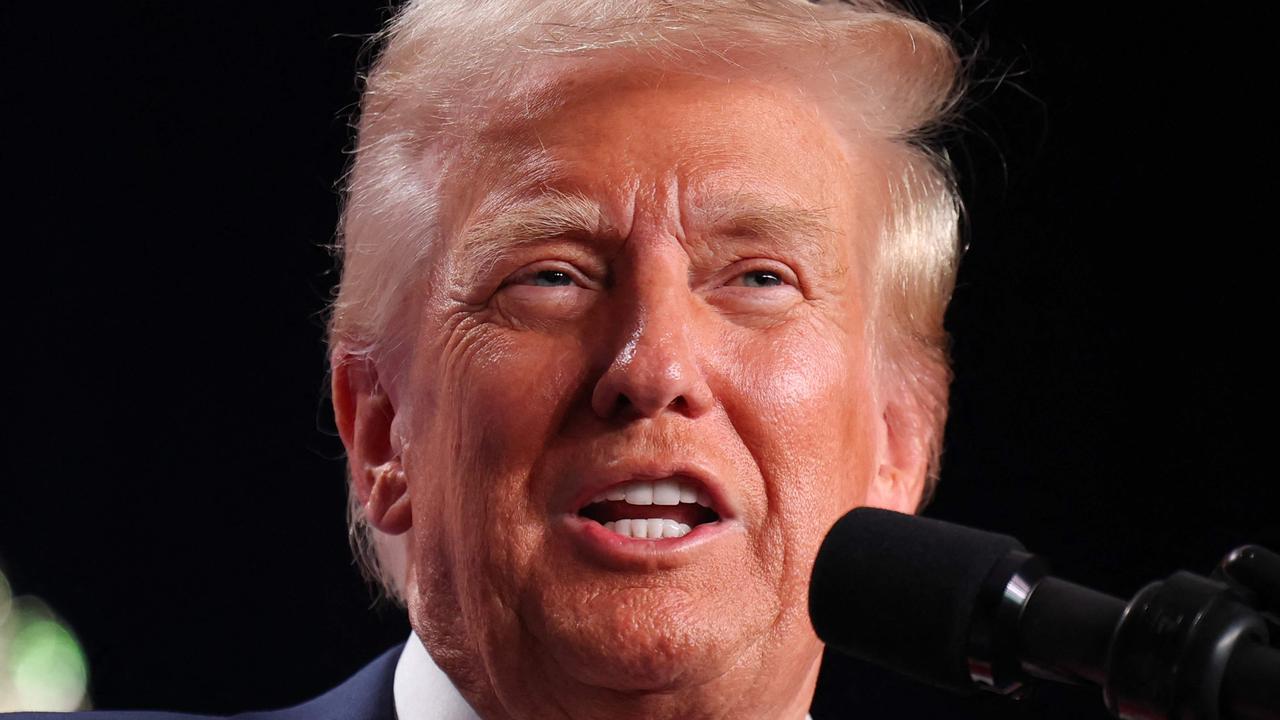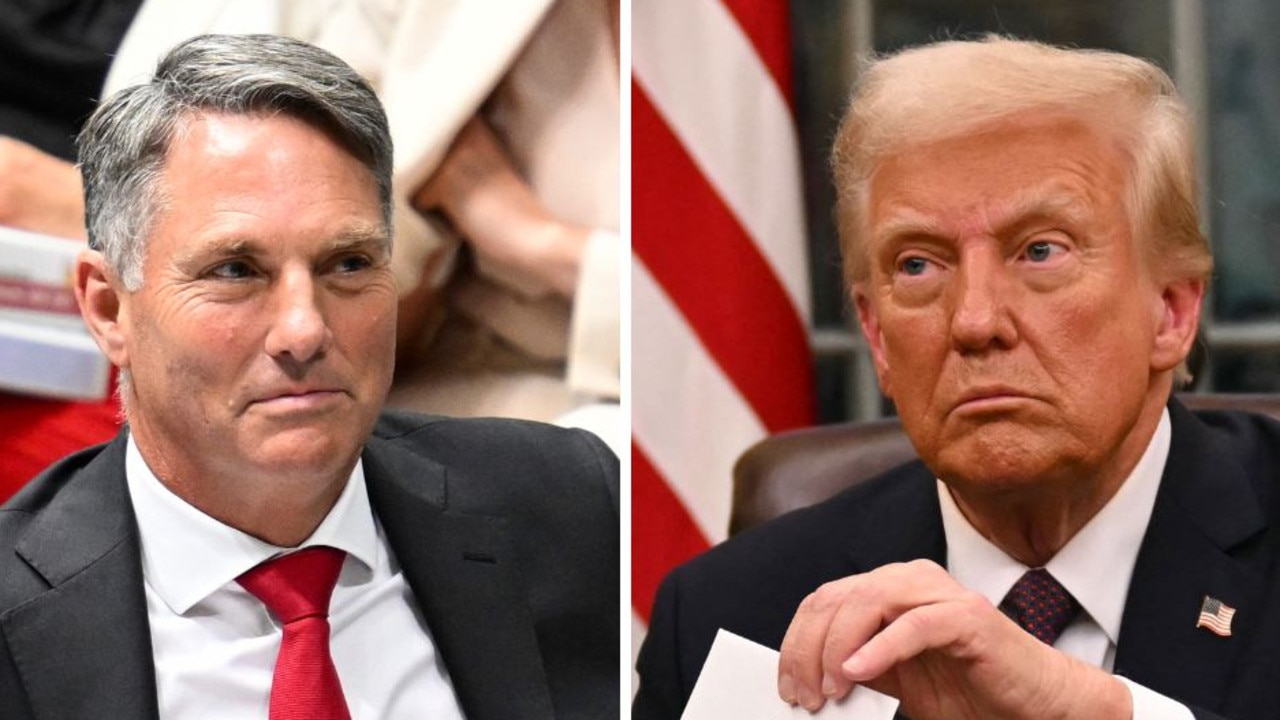Germany and France ‘open to discussions’ with Greece but want ‘serious, credible’ proposals
GREEK banks will stay closed amid fears ATMs are running out of cash. Meanwhile, France and Germany have one demand after crisis talks overnight.
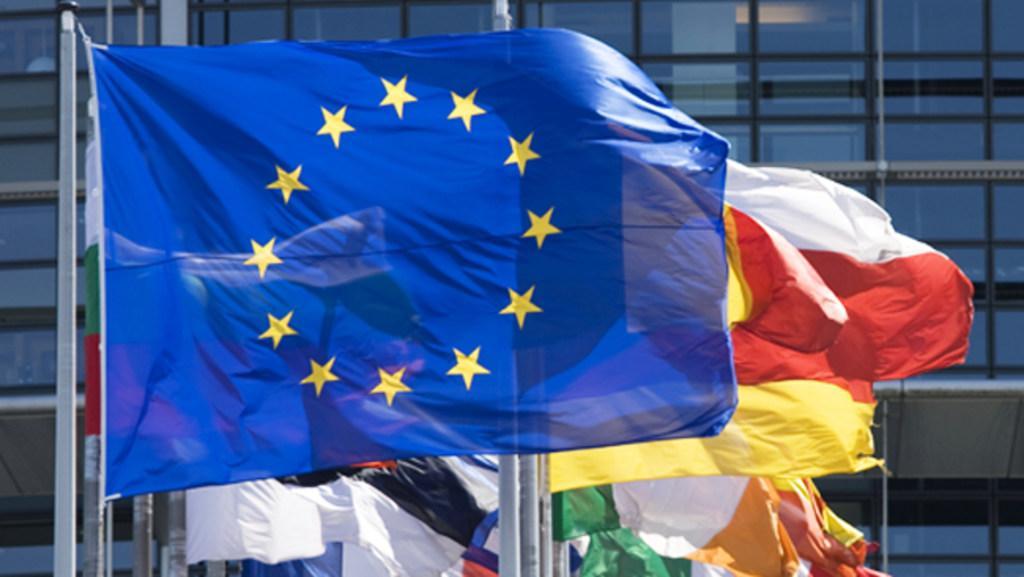
GERMANY and France have called on Greece to make detailed proposals to revive bailout talks, a day after Greek voters defiantly rejected creditors’ demands for further austerity.
With Greece’s economy gasping for air, the authorities have extended an eight-day bank closure amid fears cash machines in the country were running dry.
The European Central Bank, which has been keeping Greek lenders afloat, meanwhile announced it would maintain its liquidity lifeline to Greek banks, but made it harder for them to access the funds by tightening collateral terms.
“The door is open to discussions,” said French President Francois Hollande after crisis talks in Paris with German Chancellor Angela Merkel.
“It is now up to the government of Alexis Tsipras to make serious, credible proposals so that this willingness to stay in the eurozone can translate into a lasting program.”
Premier Tsipras is to unveil his government’s proposals on Tuesday at a hastily-arranged emergency summit of the 19 eurozone countries in Brussels.
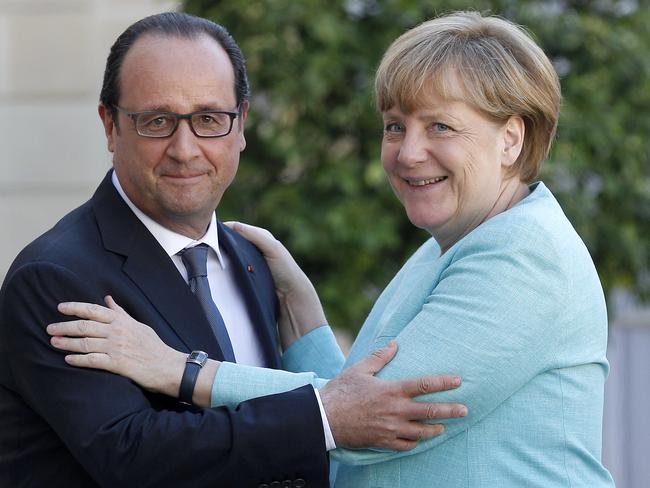
Merkel, speaking alongside Hollande, said the conditions for a new Greek rescue package “have not yet been met”.
“And that is why we are now waiting for very precise proposals from the Greek prime minister, a programme that will allow Greece to return to prosperity,” said Merkel, adding that eurozone countries had already shown “a lot of solidarity with Greece”.
As Athens awoke after a night of celebration after the ‘No’ camp won a closely-watched referendum on bailout terms, Greece’s firebrand finance minister, Yanis Varoufakis, announced he was stepping down to try to ease friction with creditors.
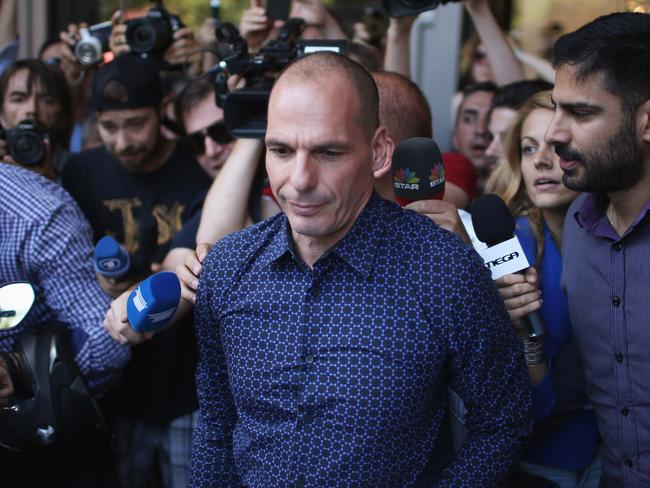
Varoufakis had infuriated European counterparts by lashing demands for economic reform and welfare cuts as “terrorism” and “fiscal waterboarding”.
He was replaced by Euclid Tsakalotos, a much more discreet junior foreign minister and economist who has been Greece’s pointman in the negotiations with creditors.
“We want to continue the discussion ... I believe something can change in Europe,” said Tsakalotos, who admitted to having “stage fright” upon assuming the post “not at the easiest moment in Greek history”.
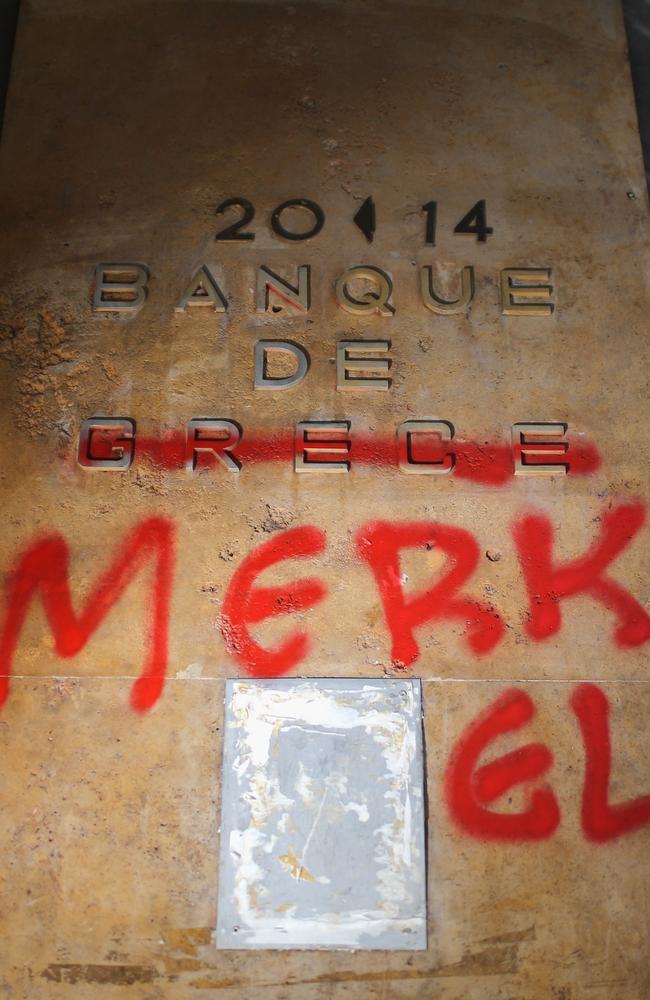
Positions among Greece’s 18 partners in the eurozone vary ahead of today’s summit.
Germany, Finland, Slovakia and the Baltic states have taken a notably harder line, whereas France, Italy and Spain have adopted a more conciliatory tone.
Despite its tougher approach on debt relief, Germany said yesterday that eurozone leaders should discuss humanitarian aid for a country fatigued by years of belt-tightening and chronic unemployment.
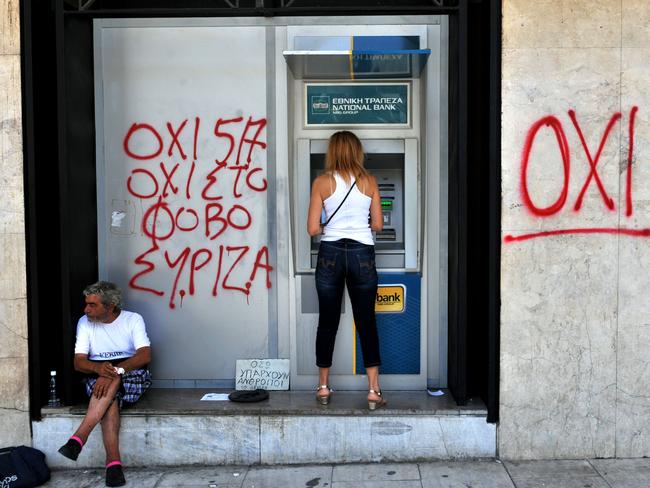
Australian dollar down amid Grexit fears
The Australian dollar is lower amid uncertainty over Greece’s future and concerns about China’s equity markets.
At 0700 AEST on Tuesday, the local unit was trading at 75.00 US cents, down from 75.11 cents on Monday.
BK Asset Management FX Strategy managing director Kathy Lien said that although Greece’s bailout rejection was the top story in financial markets, the volatility in Chinese equities should not be dismissed.
“The vulnerability of China’s economy, the drop in iron ore prices and the uncertainty created by Greece doesn’t bode well for Australia’s economy,” she said.
Investors will be watching Tuesday’s Reserve Bank meeting, which is expected to keep the interest rate on hold at a record low of two per cent.
Ms Lien said that while the RBA may be happy with the decline in the local currency, there could be concern about the drop in manufacturing activity and flat consumer spending.
“The only good news was from the labour market but job growth is expected to slow significantly in June after rising strongly in May,” she said.
Westpac strategist Imre Speizer tipped the Aussie dollar to remain in a bearish mood on Tuesday, saying it could fall below 74.50 US cents during the next few days.

